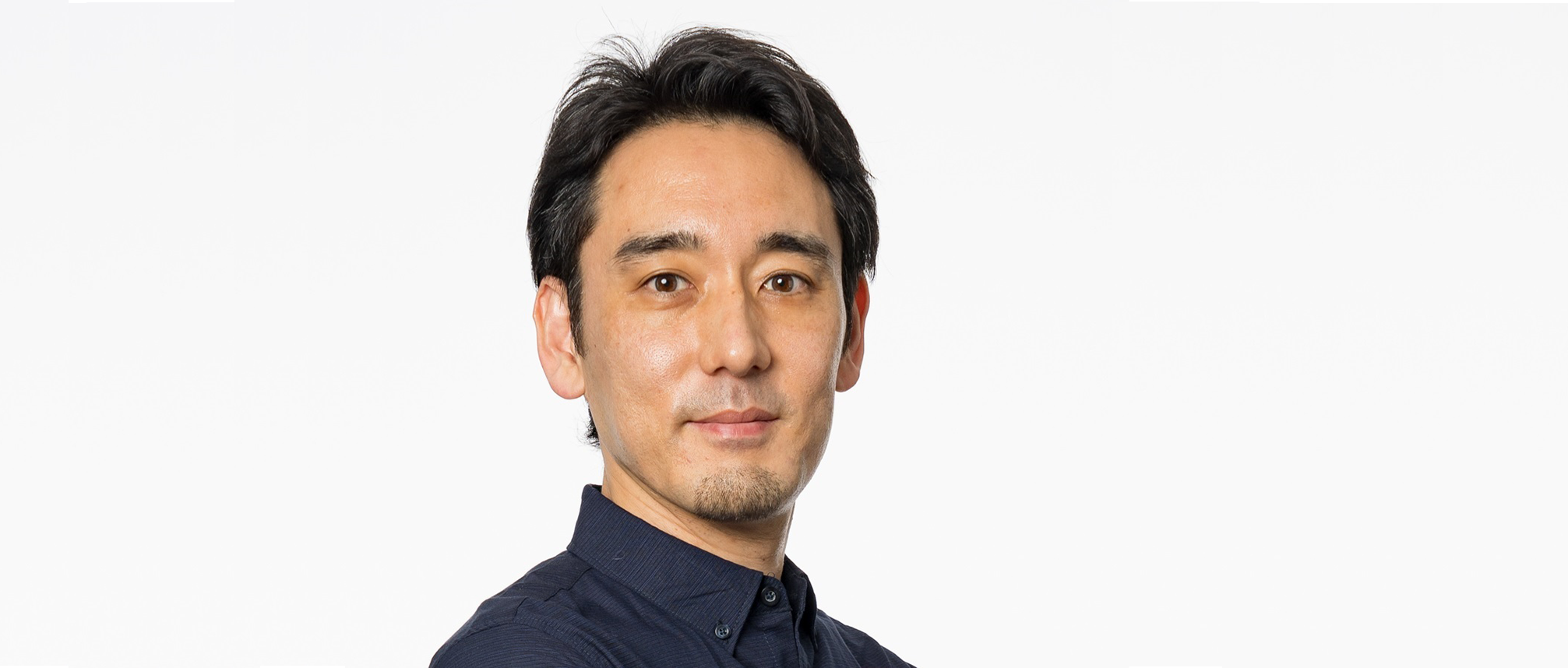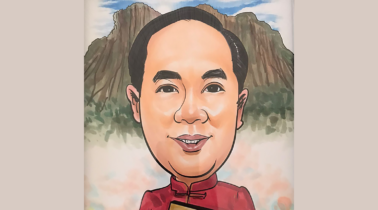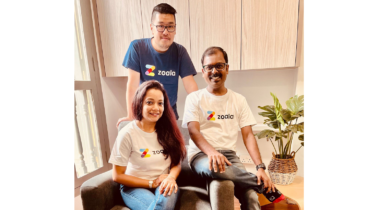From shampoo to skincare, he’s always up for more.
Koji Kobayashi, Head of Human Insights, Marketing, Japan and Korea Operating Unit, Coca-Cola Japan Company
NUS EMBA Class of 2016
Koji never shies away from gaining new experiences, whether marketing 1 rupee hair shampoo products in India or marketing premium skincare line-ups in Shanghai. But after more than a decade, he felt it was time for a new kind of challenge, and he enrolled in The NUS EMBA programme in 2014.
These days, thanks to his EMBA experience, Koji is revelling in a new found-role as an industry speaker sharing his knowledge on marketing analytics. He even spent time on a sharing session with current MBA candidates — his way of giving back to NUS BIZ. We met Koji to get his thoughts on the EMBA programme.
Q1: What made you embark on your EMBA journey with NUS Business School?
As I approached my 40th birthday, I began to feel a sense of complacency in my career. With 15 years of experience, I became adept at solving business challenges through past experiences, knowledge, and networking. While this was not necessarily bad, I realised that I needed to break out of this pattern and expand my knowledge and experiences.
Meanwhile, I caught up with a friend who was returning to learn more about diversity and inclusion as part of his personal growth. We both agreed that breaking out of our learning cycles was essential to achieving a step change in our development and growth.
As a marketing professional, I know that staying ahead of the curve is vital to continued success. We can remain relevant in an ever-changing business landscape by breaking out of our comfort zones and committing to lifelong learning and professional development. To stay ahead in my own career, I decided to embark on an EMBA programme to challenge myself. After some research, I chose NUS Business School for its focus on Asia and experiential learning and its diverse classroom.
Q2: What is one enduring memory of your time at NUS Business School?
There was this time during a group task when my team had to create a China market entry strategy for a Singapore massage chair brand. We wanted to target the middle-class segment, but my entrepreneur teammate disagreed, proposing a middle and premium segment approach to pursue a more significant return. Unfortunately, our lack of agreement resulted in a weak presentation. I reflected on our failure and realised that we had a bias towards our experiences and context focusing on the industry structure and business model. We should have addressed the nature of the industry at the beginning of our project. In the end, we could not contextualise the topic and reach a consensus.
Overall, this experience taught me the importance of considering diverse perspectives when developing a strategy. By including perspectives from individuals with different backgrounds and expertise, we can create a more comprehensive and effective strategy that addresses a broader range of consumer needs and industry trends.
Q3: As a Japanese, what was it like for you to host your classmates during the overseas segment in Tokyo?
The overseas segments were a memorable and enriching experience, as we visited companies and attended classes in countries across Asia. Among all the destinations, my visit to Japan stood out the most because of my nationality. Tokyo left an indelible mark on us as we bonded with our classmates during the evenings after our classes.
We enjoyed a range of different types of dinners that were hosted by my colleague and me, including traditional Japanese restaurants (Ryotei) with Maiko dancing, houseboat parties (Yakatabune) with karaoke, and sumo wrestler-inspired stews (ChankoNabe). These experiences gave us a glimpse into the rich culture of Japan and allowed us to get to know each other better.
Our weekends were equally fascinating, as many of us, along with our family members, extended the trip to visit Nikko Toshogu Shrine, a UNESCO World Heritage site. It was a beautiful time of the year to witness the cherry blossom and make unforgettable memories together.
Q4: What lessons did you take away from the programme?
There are three key takeaways from the NUS Executive MBA program:
The concept of Learn-Unlearn-Relearn: The Executive MBA program covers a wide range of general management topics, which require us to learn new concepts and relearn old ones. For example, marketing has transformed towards digital due to changes in consumer behaviour, and traditional marketing approaches need to be unlearned and relearned. Corporate sustainability is also rapidly gaining attention and is reshaping the way we approach marketing. The Learn-Unlearn-Relearn concept is crucial in adapting to changes in the business world.
Self-awareness and reflection through practice: As an Asian talent, I received feedback on the need for visible leadership in multinational environments. However, in my culture, listening carefully to others and maintain group harmony is considered respectful. Assertive communication and leadership require practice. Throughout the program, there were ample opportunities to practice through team group work, start-up pitch presentations, debates, and class participation. These experiences helped me develop self-awareness and reflection as a business person.
Setting up a continuous learning environment: NUS provides lifelong learning opportunities, even after graduation. I even had the chance to join the Japan segment and network with the latest cohort of students. Additionally, to further grow my professional network, I began contributing to other university programs as a guest speaker to share my insights and learning experiences.
Looking back, the NUS EMBA program has helped me build my confidence and network and equipped me with the necessary skills and perspectives to remain future-ready.
Q5: What advice would you give those just starting their EMBA journey?
During the class orientation, the professor emphasised the importance of taking charge of our own learning experience. The message was clear: the more effort we put in, the greater the rewards we reap. Though our busy schedules may lead us to seek out more comfortable study methods, it is crucial to understand that the level of effort we exert directly influences the quality of our learning. This critical insight is one to keep in mind when embarking on any educational pursuit.


